
What is it all about?
Apache Cordova is an open-source mobile development framework. It allows you to use standard web technologies - HTML5, CSS3, and JavaScript for cross-platform development. Applications execute within wrappers targeted to each platform, and rely on standards-compliant API bindings to access each device's capabilities such as sensors, data, network status, etc.
Key Features
* Extend an application across more than one platform, without having to re-implement it with each platform's language and tool set. * Deploy a web app that's packaged for distribution in various app store portals. * Mixing native application components with a WebView (special browser window) that can access device-level APIs, or if you want to develop a plugin interface between native and WebView components.
Compare Products
Select up to three two products to compare by clicking on the compare icon () of each product.
{{compareToolModel.Error}}



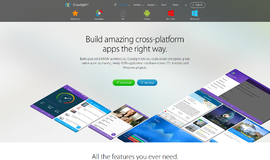

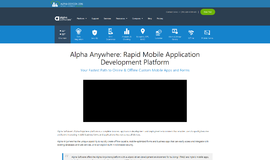
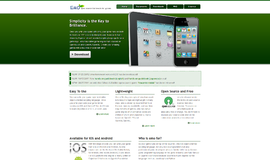
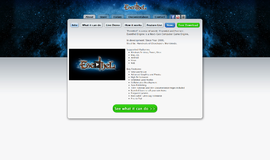
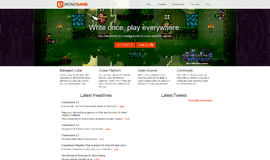
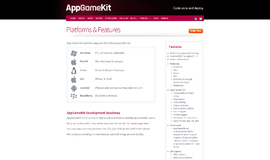
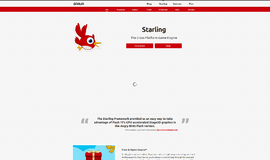

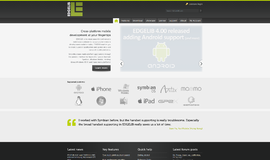




{{CommentsModel.TotalCount}} Comments
Your Comment